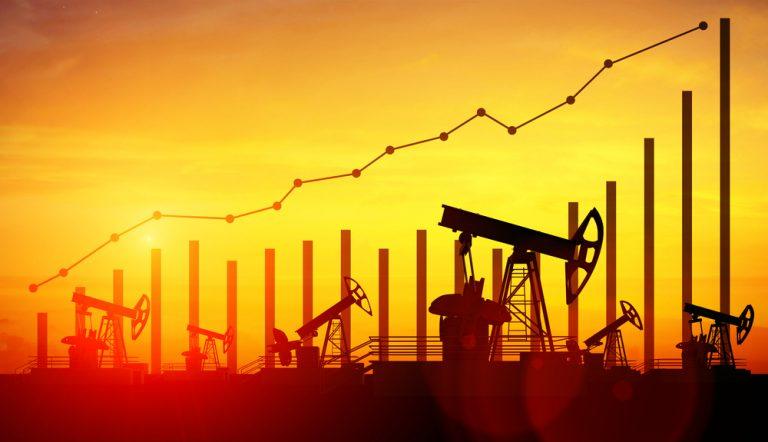
The price of crude oil has spiked following the Iraqi missile attacks which hit news headlines this morning.
Brent crude was up over 1.4% to $69.2 per barrel in the middle of the Asian trade, but now has seemed to settle down.
Notable rises also came from gold and the Japanese yen as the global economy speculates about the next move from the Iraqi government.
There has been a lockdown between the US and Iraq, since the White House went forward to authorize an order which killed Qasem Soleimani.
The attack happened after hours the funeral was held, in which many lives were further taken following violent political activism.
These attacks have speculated about the disruption within the Strait of Hormuz.This is the busiest sea route for oil transportation globally, and roughly 20% of global oil supplies channel through this passage.
The Strait of Hormuz is vital for the main oil exporters in the Gulf region – Saudi Arabia, Iraq, the UAE, and Kuwait – whose economies are built around oil and gas production. Iran also relies heavily on this route for its oil exports.
Since the attack, US aviation services have been forbidden to fly over Iraq and its neighboring countries over threats that another attack could be sparked.
Notably, the price of West Texas Intermediate fell back once markets had responded to the attacks but still remains 1% higher than the top value on Tuesday.
The news that Iran launched more than a dozen ballistic missiles against bases in Iraq which housed US troops shocked the global oil markets, and only now are seeming to level off.
US Crude Futures trade at $63 per barrell, whilst Brent Crude did notable rise 0.6%.
“It comes as no surprise that there has been a reprisal from Iran — the concern is that this is just the sign of things to come,” said Matt Smith, director of commodity research at ClipperData.
The feud continues to dominate headlines, as Donald Trump has speculated over retaliation following the attack this morning.
Investors have remained cautious about the potential of war which could disrupt the supply of oil within the Middle East.
“At the moment oil production facilities in the region remain unaffected which will temper longer term upside in oil but if any of the facilities in the region get hit, then oil could easily spike again,” said John Woolfitt, Director of Trading at Atlantic Capital Markets.
The energy minister of the United Arab Emirates has said that OPEC are ready to respond as tensions heighten between the global titans, stating that OPEC would be willing to intervene before crude oil costs over $100 per barrel.
Suhail Al Mazrouei told CNN Business that the cartel would seek to ensure that ample energy supplies are available.
“We will always make sure that we supply the world with whatever it requires,” al Mazrouei said, adding that the United Arab Emirates was building spare capacity in order to avoid shortages.
https://twitter.com/ShomasTelby/status/1214733555420532736
